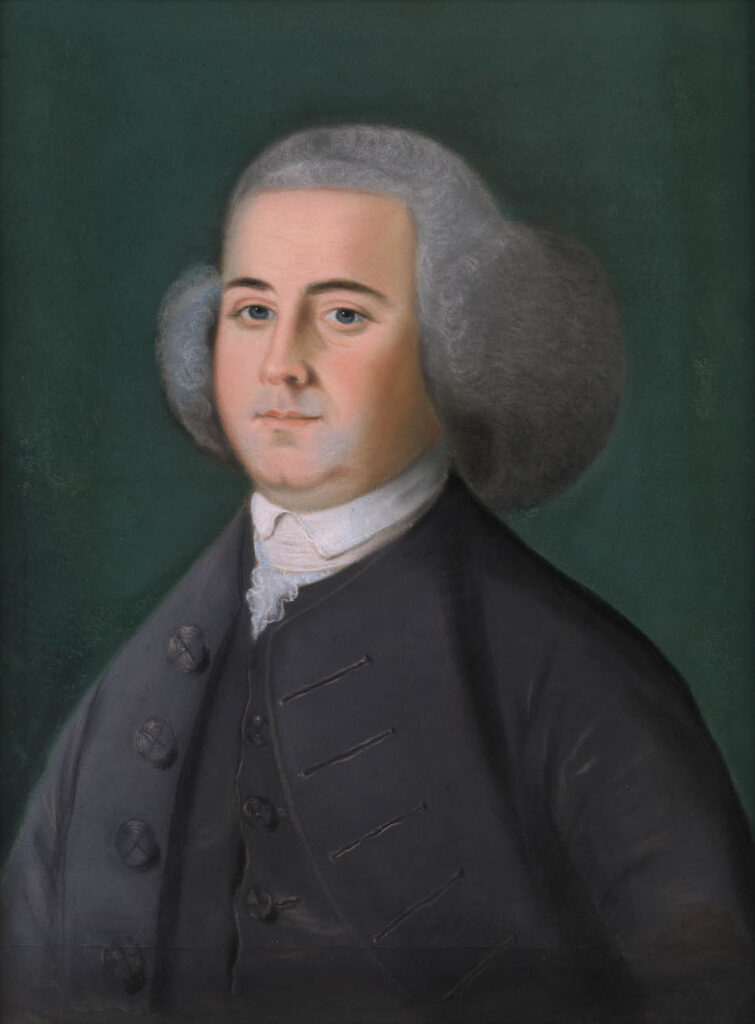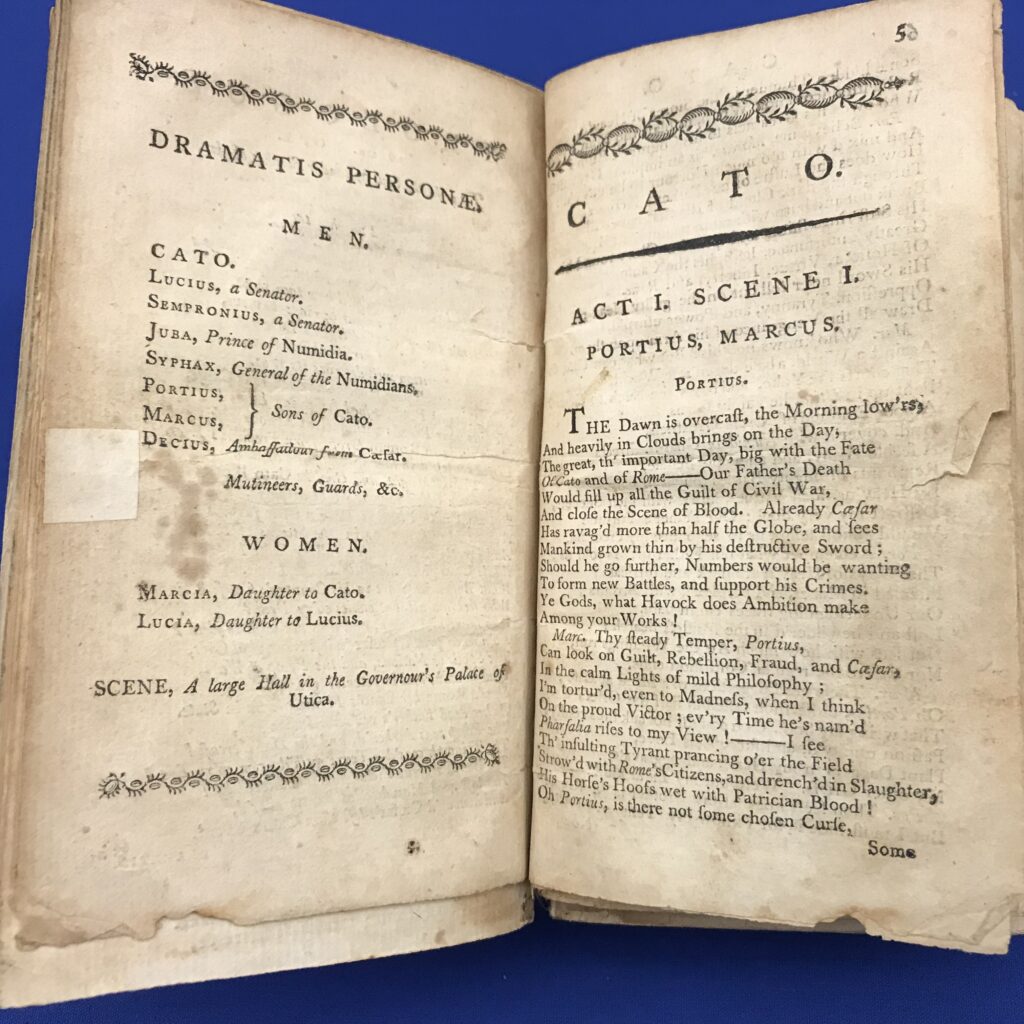George Pagano, District 15—New York City Board of Education, Brooklyn, New York
DESIGN LEVEL: Middle School-High School

John Adams by Benjamin Blyth, circa 1766. Massachusetts Historical Society.
Overview
The founding fathers valued the importance of studying history. In their study of the government of ancient Rome, the founders recognized the value of a republican form of government and implemented the ideals of a republican government when they created our nation. These principle ideals include: the power of government is held by the people, the people give power to leaders they elect to represent them, and the elected representatives are charged with helping all people in a nation. This lesson will facilitate students’ understanding of a republican form of government and why the founding fathers chose to establish this form of government following their independence from British rule. Students will develop a deeper understanding of the themes of our independence, republican institutions, and national identity.
Objectives
Students will:
- read and analyze a primary source document,
- identify key words using context clues,
- develop oral and written responses to target questions using evidence to support their claims, and
- collaborate effectively with classmates in small groups to explain, interpret, and evaluate information presented by the literary and visual source materials in this lesson.
Materials
Recommended Time
One 45-60 minute class period.
Activity
- The teacher will discuss the meaning of a republican form of government and solicit students to state past and present governments that have established republics. The teacher will write responses elicited on chart paper.
- Students will be asked to state the ideas that guide a republican government.
- In pairs of three, students will read sections of a primary source document in which one of the founding fathers, John Adams, expresses his thoughts on establishing a republic. The students will highlight key ideas and identify unknown vocabulary words.
- The students will be asked to individually write an evaluative response to guided questions on the text. These questions include: “Why did the Founding Fathers think it was important to establish a republican form of government rather than a monarchy?” and “What message is John Adams conveying to the reader?”
- The students will “turn and talk” in their small groups and then will come together as a class to share their responses.

Cato, a Tragedy is a play written by Joseph Addison in 1712 based upon the events of the last days of Marcus Porcius Cato Uticensis (95–46 BC), whose deeds, rhetoric and resistance to the tyranny of Julius Caesar made him an icon of republicanism, virtue, and liberty. Cato is known to be one of George Washington’s favorite plays and it was performed by the troops at Valley Forge.
Assessment
Students will respond to the lesson’s “essential questions” with their viewpoints and/or opinions, supported with evidence. Their responses will reviewed by the teacher as an evaluation of student learning and understanding.
Extension
Students will discuss how the United States Constitution guarantees a republican form of government.
The teacher will facilitate a discussion on how “The Constitution is a vital document containing many republican ideas.” The students will discuss sections of the Constitution that support the above statement.
Standards Addressed
COMMON CORE: English Language Arts Standards—History/Social Studies—Grade 6-8
• CCSS.ELA-LITERACY.RI.8.1
Cite the textual evidence that most strongly supports an analysis of what the text says explicitly as well as inferences drawn from the text.
• CCSS.ELA-LITERACY.RI.8.4
Determine the meaning of words and phrases as they are used in a text, including figurative, connotative, and technical meanings; analyze the impact of specific word choices on meaning and tone, including analogies or allusions to other texts.
• CCSS.ELA-LITERACY.SL.8.1
Engage effectively in a range of collaborative discussions (one-on-one, in groups, and teacher-led) with diverse partners on grade 8 topics, texts, and issues, building on others’ ideas and expressing their own clearly.
• CCSS.ELA-LITERACY.W.8.4
Produce clear and coherent writing in which the development, organization, and style are appropriate to task, purpose, and audience.